When striving to have the biggest possible impact, change is often necessary. As of September 1, 2020, Children’s Leukemia Foundation of Michigan is now officially The Blood Cancer Foundation of Michigan. Although we have a new name, we’re not abandoning our roots. The fact is, we’re being even truer to them – embracing what we’ve done for 70 years to make an even bigger impact.
Frequently Asked Questions (FAQs)
- Why did you change your name and logo from Children’s Leukemia Foundation?
While originally created to serve children with leukemia in Michigan, we quickly grew and expanded our mission to support all blood cancer patients and their family members. The Blood Cancer Foundation of Michigan is dedicated to empowering patients and families to cope and heal – from the time of diagnosis, through treatment, and beyond. We’ve been tailoring programs and services that meet their acute emotional, social and financial needs for decades. Now we have a name that better identifies our work and connects with those who need us.
- Which diseases does BCFM support?
BCFM supports nearly 200 types and subtypes of blood cancer and potentially malignant blood disorders. The most common diseases support are leukemia, lymphoma, myeloma, MDS, aplastic anemia, and myeloproliferative disorders.
- What are the requirements to be eligible for BCFM’s services?
There are no income or age restrictions to enroll with BCFM. To be eligible, you need to be a resident of the state of Michigan and have been diagnosed with a blood cancer or qualifying blood disorder.
- Are you affiliated with any national organizations or hospitals?
No. While BCFM partners with hospitals, healthcare systems and other organizations across the state and country, we are an independent 501c(3) nonprofit.
- Do I need to reapply to your program every year? How long can I use your services?
Once you are enrolled with BCFM, you don’t ever need to reapply to be eligible for services. We are available for as long as you need us. Many patients find value in the emotional and social support for several years after treatment has finished. We are aware that just because treatment is complete, the need for support continues.
